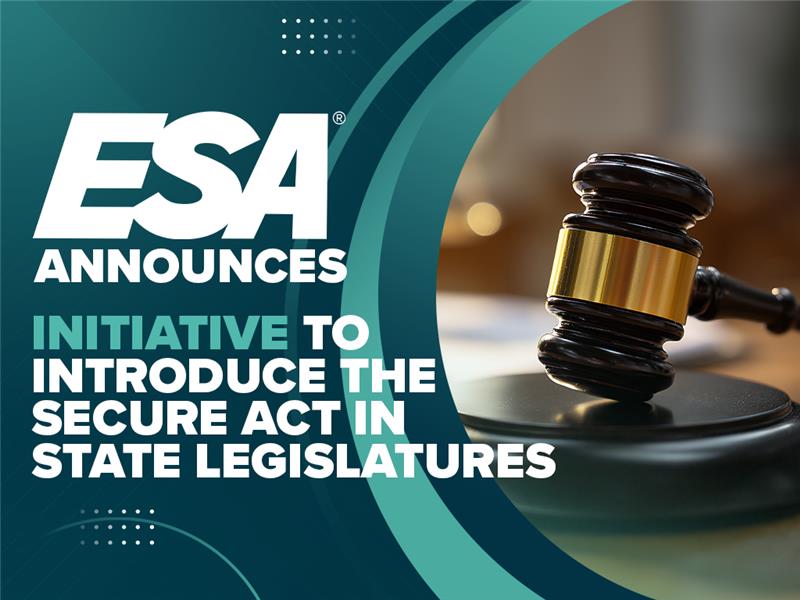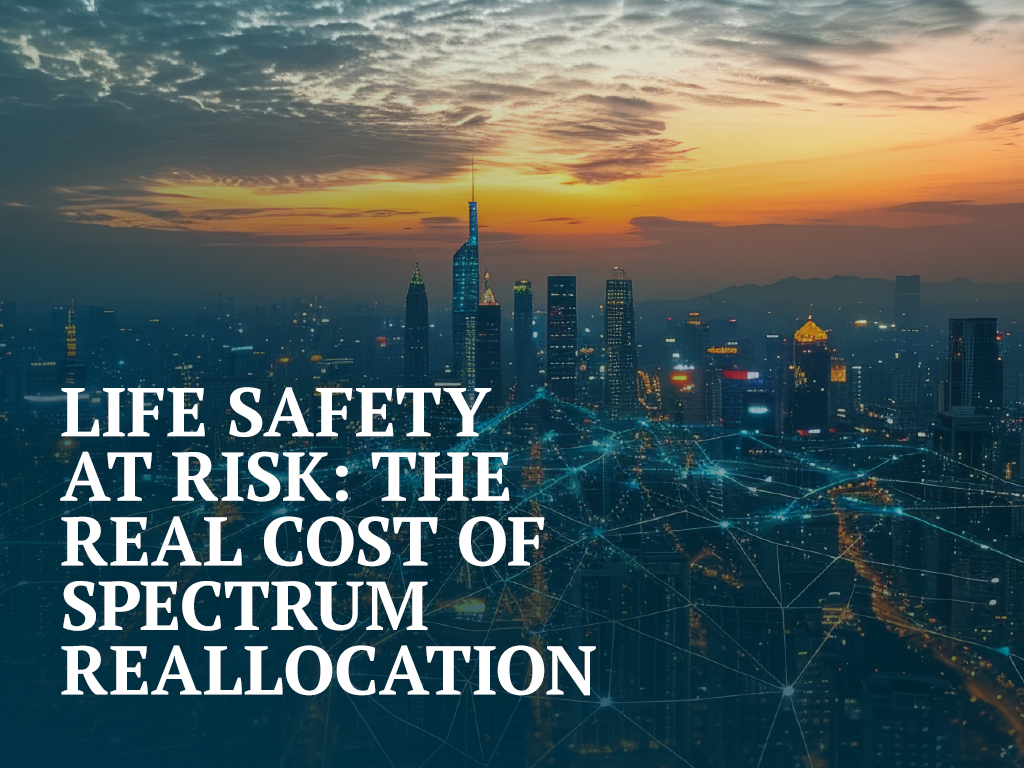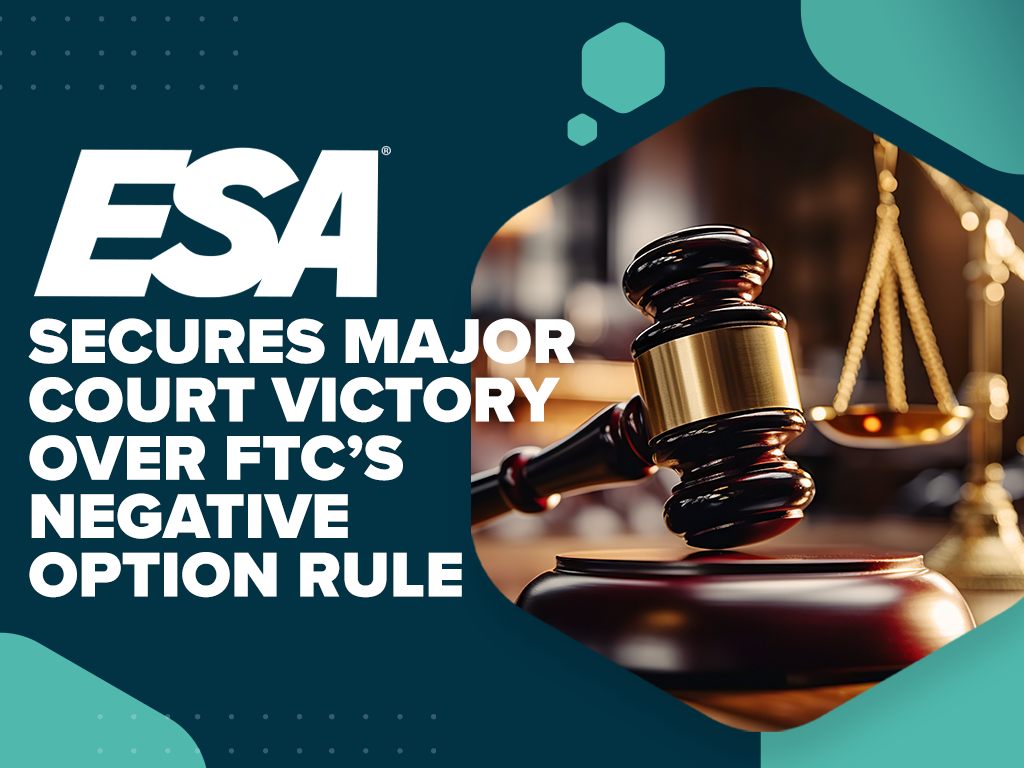District Week Events Create Awareness of Industry Issues

We often discuss the need for engagement between our members and their elected officials, but the real value from engagement is creating industry awareness among elected officials and their staff. During the last week of virtual district visits, ESA members had the opportunity to discuss industry-specific issues with their congressional offices about pressing issues. The responses we received indicate the information was very well received.
Post-COVID Economy and Workforce Development
One of the most important issues in 2019 was the growing shortage of qualified people entering high-skill, high-demand professions and trades like electronic security and life safety. Over 7 million jobs across all sectors were unfilled just one year ago. In the last 4 months more than 40 million people applied for unemployment resulting from the COVID-19 pandemic and subsequent economic shut-down. Many of those jobs lost will not return. In response, Congress is grappling with ways to get people back to work and meet demand where it exists or where it will grow. Legislation like the “Skills Renewal Act” (H.R. 7032/S. 3779) will help those displaced workers get the training and credentialing to enter new professions and trades, which will ultimately benefit many ESA member companies in a post-COVID economy. This position was very well received by all congressional offices visited and we are very confident members made a positive impact.
Responsible Use of Biometric Identification
While this issue is not as widely bipartisan as workforce development, it is looming in importance as the technology becomes more widely available, while being simultaneously attacked by some from some sectors and advocacy groups. During the last week, our members spent time discussing the responsible use of biometric identification, particularly facial recognition technology (FR).
This technology has been under attack in numerous state legislatures and several federal bills filed to date. The negative sentiment was fueled in part from media accounts of abuses of the technology in China and other countries. In addition, A National Institute of Standards and Technology (NIST) study published in December 2019 on the demographic effects of FR was widely reported for the supposed variations of FR accuracy based on race, sex and ethnicity. However, the NIST report revealed that the highest performing algorithms submitted to NIST had virtually undetectable variations based on any demographic information. Another overlooked fact was that the vendor test included many algorithms that were still in development and not even publicly available, which accounted for most of the demographic variations noted in the NIST report.
As FR becomes more widely used for access control, perimeter security and other uses for intrusion and life safety purposes, it is important that the technology not be hampered by uninformed or agenda-driven anecdotes. It is also important that we serve as a resource of information and create awareness in Congress and state legislatures that this technology serves a public safety and consumer demand purpose. No one supports abuses, invasion of privacy or other improper applications of FR technology, and these points were well articulated to numerous congressional offices in the last week.
Many thanks go to the members who participated in District Week and to the members of Congress and their staff that took time from their busy schedules to meet with us and discuss these issues.




